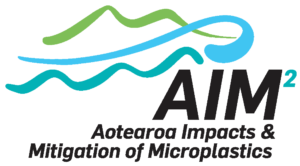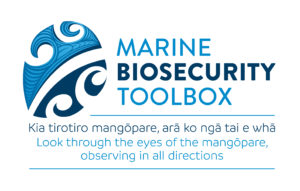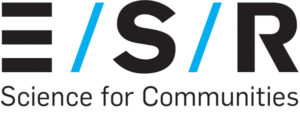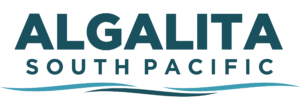2021 Microplastics & Marine Biosecurity expeditions
We facilitated interdisciplinary expeditions to collect essential data, while engaging with the public. Combining marine research and ocean literacy education, we proposed an inclusive platform, communicating the importance of working together for a healthy ocean.
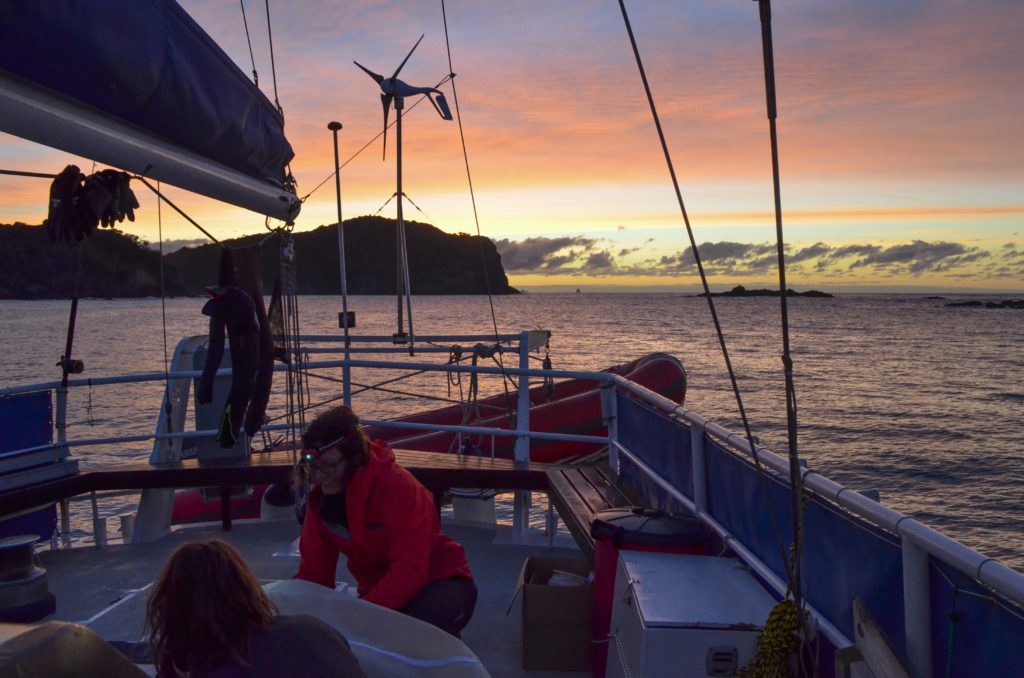
This project involved two nationally significant research programmes funded by MBIE.
- The first; Aotearoa Impacts and Mitigation of Microplastics (AIM2), brings together researchers from 6 NZ institutions, with expertise ranging from marine biology to polymer chemistry. The aim of this programme is to determine the current state of MP pollution in NZ’s marine, freshwater and terrestrial environments; investigate the potential impacts on these environments and the ecosystem-based industries they support, and; explore ways in which these impacts can be reduced or remediated. To achieve this the research team is working closely with a range of primary sector industry bodies, regional councils and territorial authorities, NGOs, iwi and communities.
- The Marine Biosecurity Toolbox (www.biosecurity-toolbox.org.nz) is a collaborative research programme whose mission is the development of science-based tools and technologies that empower governments, tangata whenua, industry and the public to effectively mitigate biosecurity risks. Once implemented, these transformative ‘tools’ will empower regulators, industry, mana whenua, and the community to effectively manage risk pathways, prevent pest establishment, and detect and respond to new incursions.
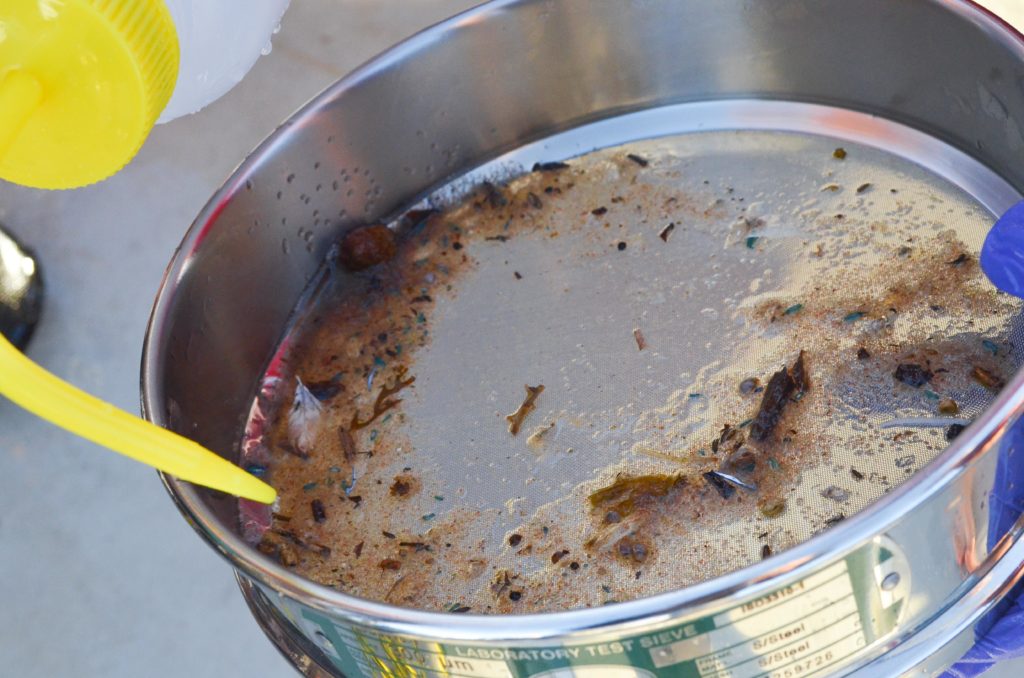
Human activities are threatening the health of the world’s oceans. Among the factors putting pressure on our marine environments, plastic pollution and the proliferation of marine non-indigenous species (NIS) have been classified as major threats to local biodiversity, ecosystem services, human health, and the economy.
In Aotearoa New Zealand, the concentration of microplastics in coastal waters is poorly understood. Recent modelling predicts that 1.7-6.6 trillion (1012) pieces of macroplastics, and 3 million trillion (1018) microplastics (MPs) could be entering the ocean annually by 2040. This pervasive pollutant is increasingly being shown to affect the environment from the level of the individual to the ecosystem level.
Due to the buoyant nature and resilience of plastics it can act as a ‘raft’ capable of transporting non-indigenous species (NIS), both large and small, between previously geographically isolated locations, posing a major threat to local biodiversity, ecosystem services, human health, and the economy.
New Zealand ports and marinas represent important hubs of primary and secondary spread of NIS. A number of international marine pests are now well established in these high-risk areas and are rapidly spreading to other regions, compromising ecological integrity of vulnerable coastal ecosystems. Environmental DNA (eDNA) in combination with metabarcoding or real time PCR are promising approaches for marine NIS detection, enabling effective identification of emerging biosecurity risks and timely response.
Our first expedition collected environmental samples along regional shipping routes and marine habitats of high ecological and cultural value.
Expedition 1: Auckland & Northland inaugural expedition
Our June 2021 expedition collected microplastics and biosecurity data in the Hauraki Gulf & Islands areas and Whangarei, whilst exploring the wider marine environment of coastal Greater Auckland and Northland.
Expedition 2: Fiordland expedition
Our second expedition was a 6-day journey in Fiordland aboard R/V Strannik. We sampled surface microplastics & biosecurity data in the Te Moana o Atawhenua area, including Milford, Bligh, George Sounds, Poison Bay and adjacent Tasman Sea.
Partners


